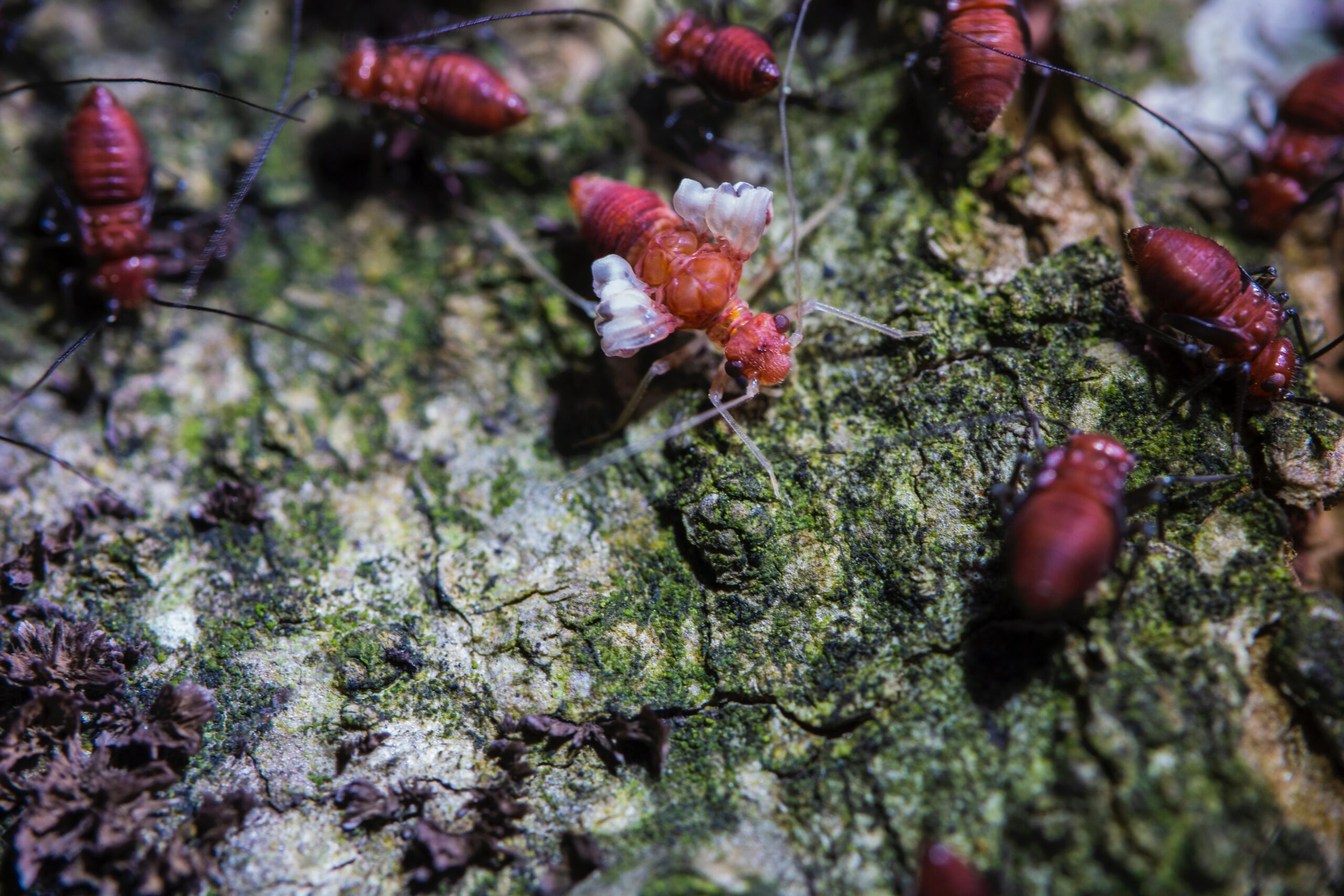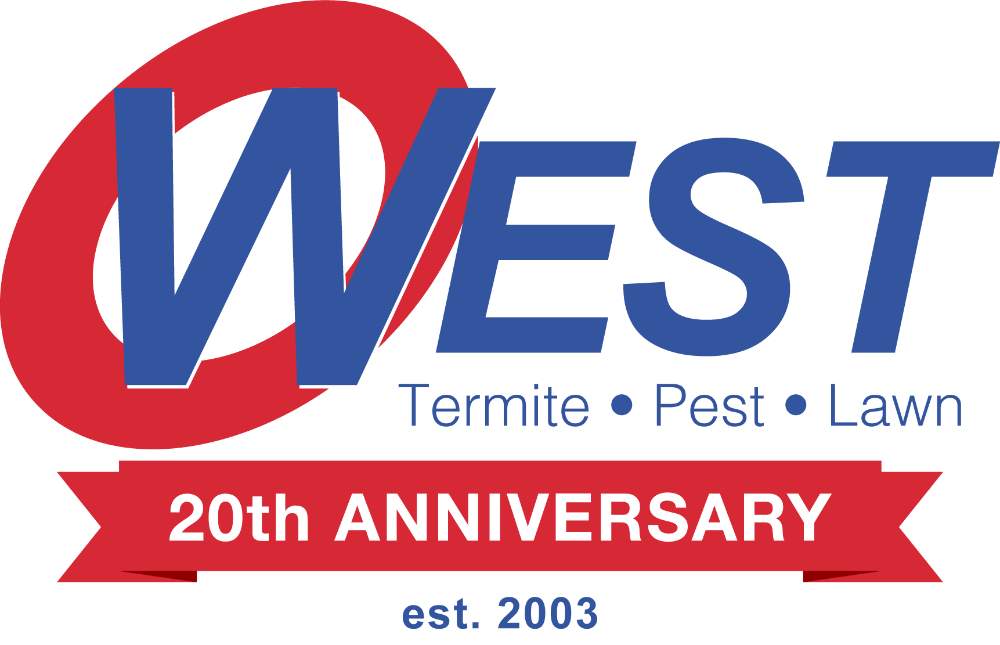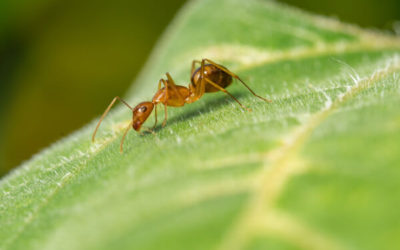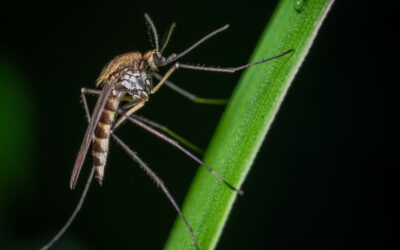
The different types of termites: Understanding your pest problem
Of the pests that could afflict your home, the termite is among the most costly and destructive. If you see even the smallest signs of termites on your property then you should act quickly to remove the pests before they cause irreparable damage to the structure of your home, shop or business. To successfully solve any pest problems, you must first understand the general behavior and characteristics of the pests that you are trying to eliminate. In the case of termites, you should seriously consider familiarizing yourself with the various kinds of termites that exist so that you can make the appropriate steps to remove them from your property.
To learn more about the different types of termites please refer to the list below:
Termite Species: In Arkansas, there are three species of subterranean termites. These subterranean termites are the same termites that you will see invading your home and other properties. In turn, these are the most destructive of all termites currently found in the state.
Categories of termites: Even within one species of termite, there are several different types of termite. These termites each fulfill unique roles in their colony, and they will all affect your home or property in various ways. These unique types of termites include workers, swarmers, soldiers, and queens.
Worker Termites – These termites make up the largest support base of the colony. Workers travel outside of the colony in search of food and other resources that they can then bring back to the colony to sustain it and support more growth. They also perform maintenance on the colony by constructing and repairing the colony’s mud tubes.
Swarmer Termites – Unlike worker termites, swarmers each possess a set of wings that allows them to travel faster and more freely. Swarmers occur as a result of what is known as a “swarm event”. During these swarm events, swarmers will leave the colony in search of locations to create a new colony. Essentially, swarmers are responsible for the growth and expansion of one termite colony into other termite colonies.
Soldier Termites – Much larger than worker termites and considerably more aggressive, soldier termites are exactly as the name implies. These termites are responsible for defending the colony from various threats that the colony may incur. These threats include pests (yes, even your pests have pests) and even humans!
Queen Termites – The most important of all termites in a colony, the termite queen is responsible for the important task of egg laying. These queens are larger than other termites, and they can live upwards of 50 years! These long lived insects are the center of any termite colony. When performing any sort of pest control activities on termites, the highest priority should be to find and eliminate the termite queen.
For more information regarding the various types of termites and their behaviors, or to schedule an appointment with a pest control professional, contact our team at West Termite, Pest & Lawn today!
More posts from West Termite, Pest & Lawn
Deterring Ants from Going Into Your Kitchen
Ants are among the most common household pests, and the kitchen, with its abundant food sources and moisture, is a prime target for these tiny invaders. Understanding how to deter ants from entering your kitchen involves a combination of preventative measures,...
Diseases That Rodents Can Bring
Rodents, while often small and seemingly innocuous, are significant carriers of numerous diseases that can pose serious health risks to humans. These pests, including rats and mice, thrive in various environments, often seeking refuge in human dwellings where food,...
Dealing with Mosquito Season
As the weather warms up, many of us look forward to spending more time outdoors, enjoying our yards, and hosting barbecues. However, with the arrival of summer comes the unwelcome presence of mosquitoes. These pesky insects are not just a nuisance; they can also pose...



